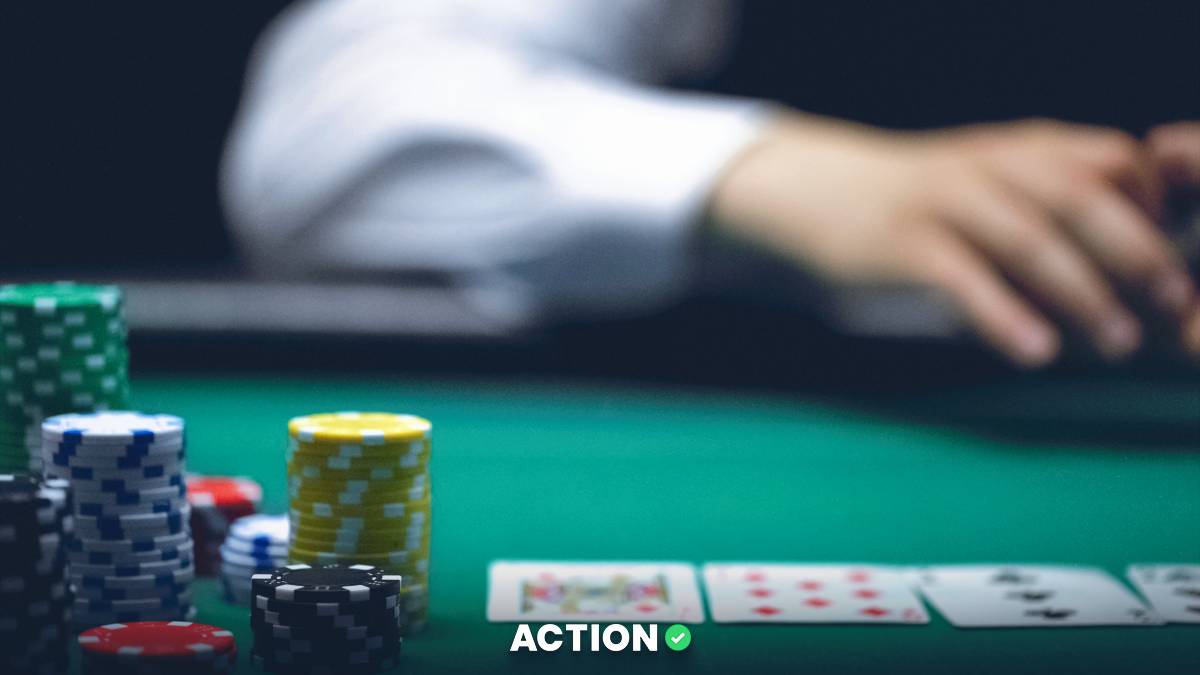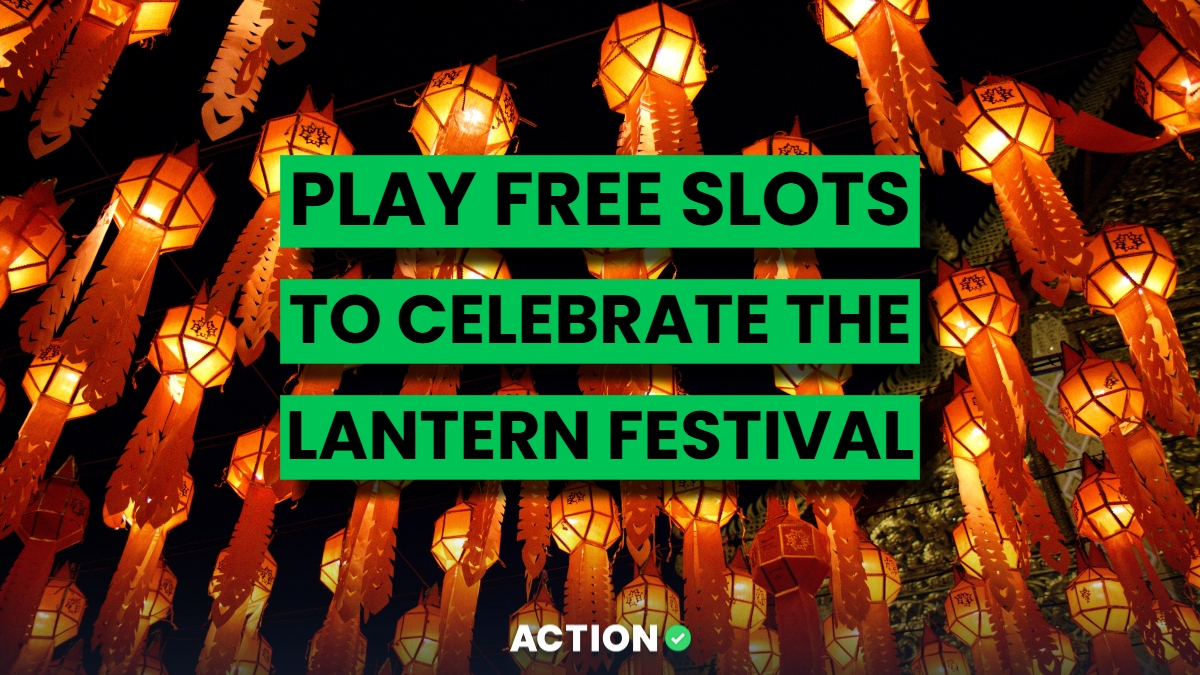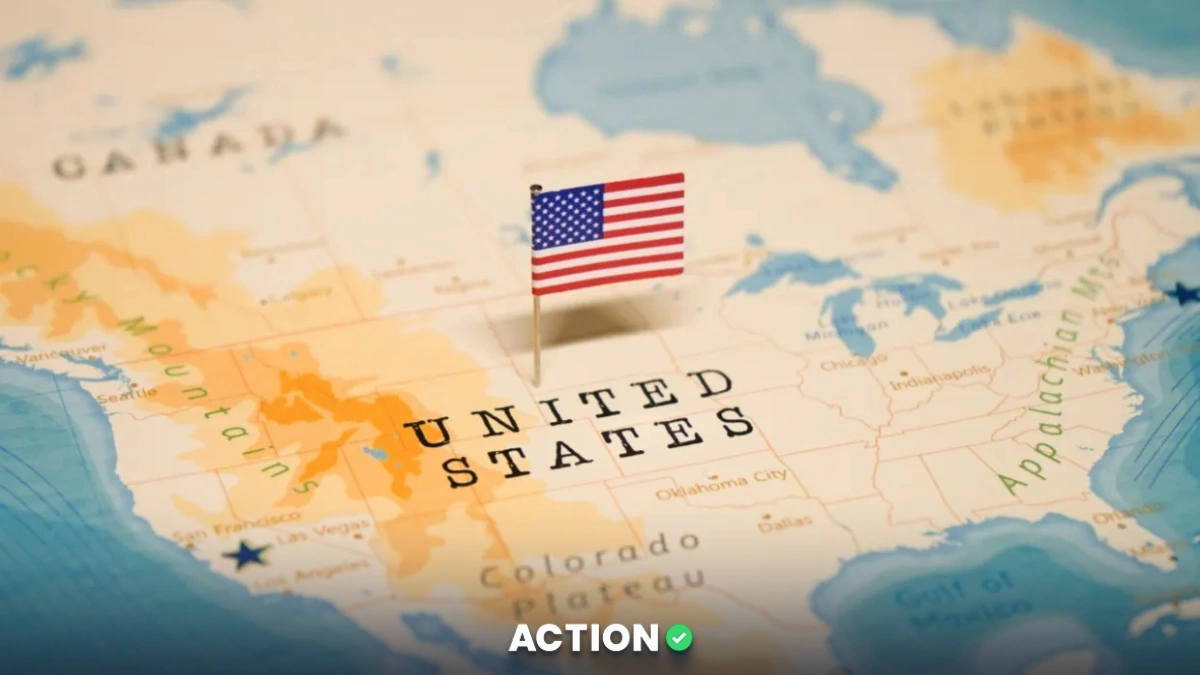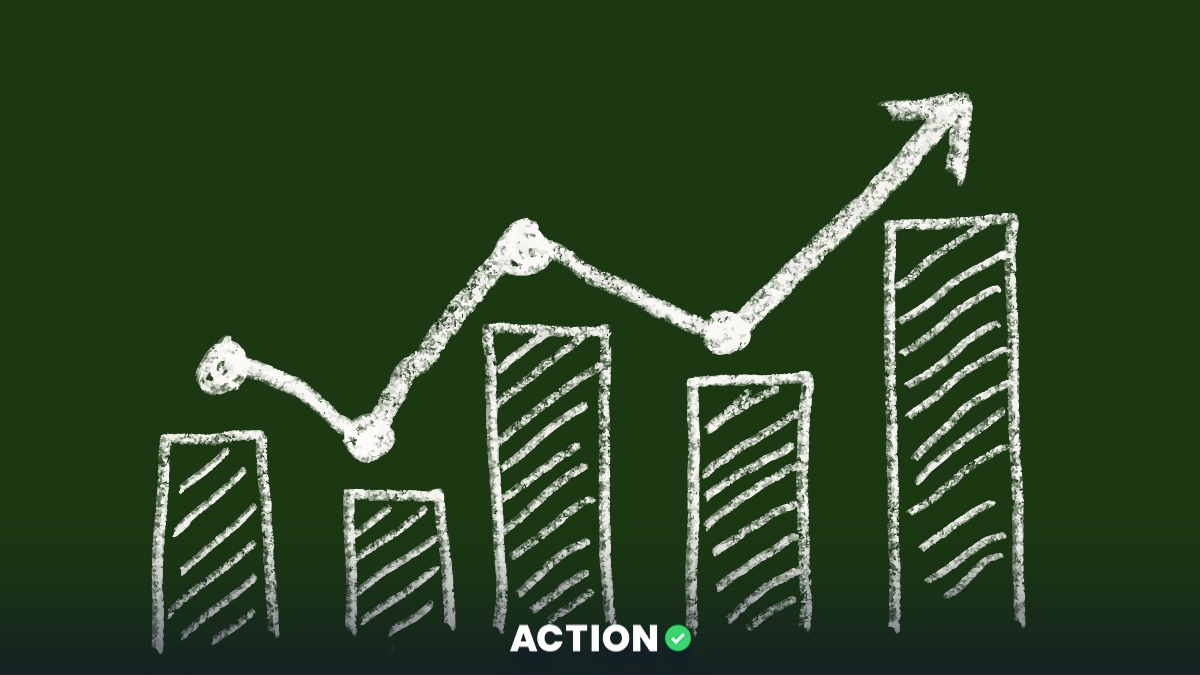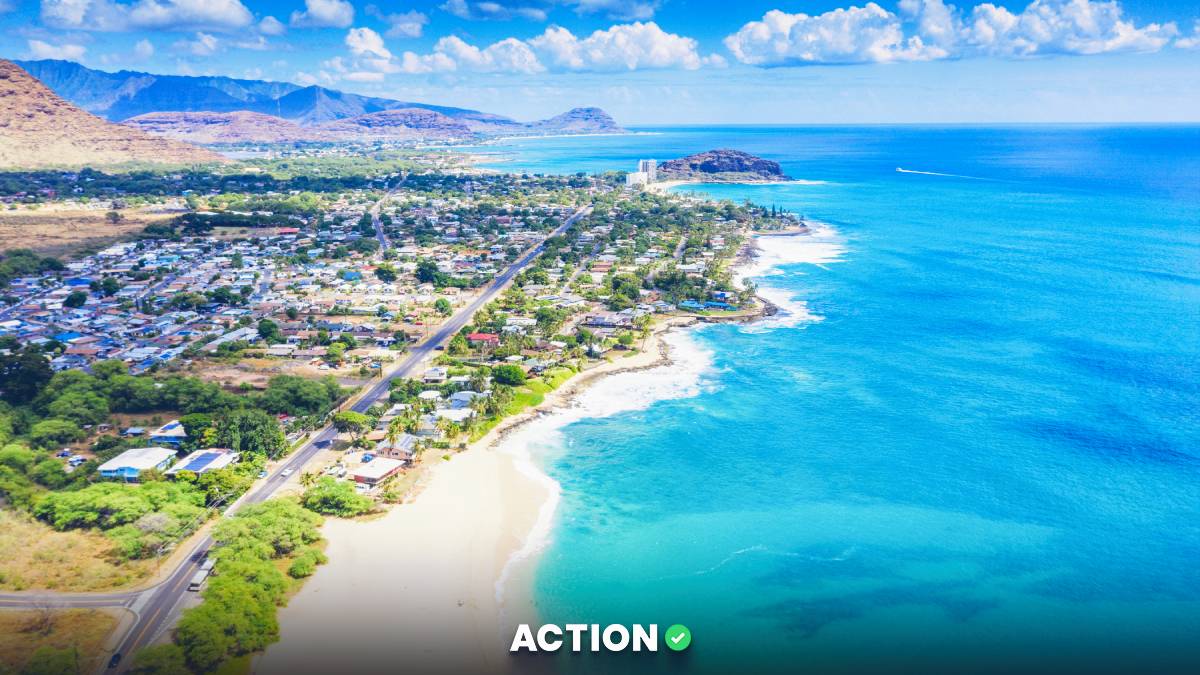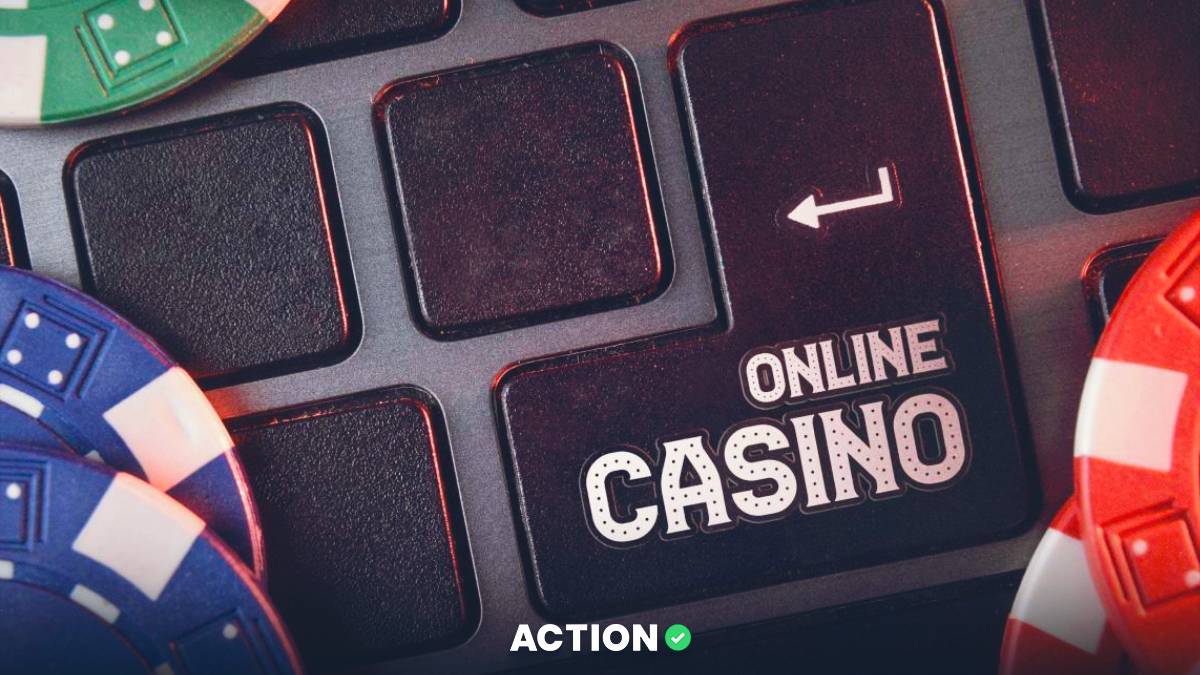This battle is far from over, but it has just taken a significant turn.
A bipartisan coalition of 50 U.S. attorneys general came together to tackle a pressing issue: illegal gambling that is happening offshore.
They sent a letter to U.S. Attorney General Pam Bondi asking the Department of Justice (DOJ) to take strong action against these unregulated gambling operations that are targeting people in the U.S.
The Growing Problem of Illegal Gambling

Illegal offshore gambling platforms, which are often run from outside the U.S., create a host of problems.
These websites operate without proper licenses and skip the important step of paying state taxes. Not only does this have a big impact on state revenues, it also limits consumer protections, potentially putting children and other vulnerable groups at risk.
These sites also often lack the types of safeguards that make sure gambling is conducted fairly and safely.
What Is Considered to be Illegal Offshore Gambling?
Illegal offshore gambling refers to betting or gaming activities conducted through online platforms based outside a given jurisdiction (such as the United States) that do not hold a valid local license and operate outside the bounds of regulatory oversight and consumer protections required by law.
An illegal unlicensed offshore operation can take on many forms, including:
Offshore illegal gambling sites are considered illegal if they target users in a jurisdiction (e.g., U.S. states) where they have not obtained a local gambling license or regulatory approval, regardless of whether the company is physically located outside that jurisdiction.
Most U.S. states and the federal government classify these operations as illegal due to a lack of licensing, tax compliance, and regulatory oversight; in many cases, using these sites as a consumer may also be explicitly banned under state law, though prosecution of individual bettors is rare and typically the legal risk falls more on the sites themselves.
These unlicensed offshore platforms frequently fail to provide consumer or financial protections, enable risky or predatory practices, and are often linked to criminal activities such as money laundering and tax evasion.
Legal gambling within the United States (and many other countries) is restricted to platforms that are licensed, regulated, and operate within the framework set by the relevant government or state.
Financial and Legal Concerns Fueling the Battle
The illegal gambling market is massive and expanding. Estimates suggest it involves over $400 billion each year.
It’s causing states to lose out on over $4 billion in tax revenue annually. Besides dodging taxes, these operations often become breeding grounds for fraud, money laundering, and other criminal activities. They also undermine the legitimate gaming markets regulated by states, putting consumer safety at risk.
The Call for Stronger Enforcement
The attorneys general want the DOJ to ramp up its enforcement efforts.
They're advocating for using legal tools to block access to illegal gambling websites and disrupt their financial networks. This includes actions such as stopping payment processors from working with these sites and seizing assets, including web servers and domain names.
Leading this effort are the attorneys general from Connecticut, Massachusetts, Nebraska, and Utah. With buy-in from all 50 states, the District of Columbia, and U.S. territories, it's clear this is seen as a national issue. The coalition is calling on the DOJ to be more proactive, noting that there hasn't been significant action against illegal offshore gambling since 2013.
The Goal is to Encourage Safe Gambling Practices
To protect consumers, the coalition encourages people to gamble only through state-licensed operators.
These regulated platforms ensure a safe and fair experience for everyone involved. By using legal options, consumers can enjoy gaming without the added risk of fraud or unsafe practices.
It’s clear that illegal offshore gambling is a growing concern that affects both state revenues and consumer safety. The coalition of attorneys general is urging the DOJ to take decisive action against these operations. By doing so, they aim to safeguard the integrity of the U.S. gambling market and protect all consumers who engage in gaming activities.
Play Sweepstakes and Social Casino Games Online
If you don't have access to a legal, online casino in your state, sweepstakes and social casinos are online platforms where you can play games like slots and blackjack using virtual currency on your computer or phone; they operate legally in most states by using Gold Coins for fun, which have no cash value, and Sweeps Coins, which can be redeemed for cash prizes.
But remember that if you do decide to play, always exhibit responsible gambling practices.


